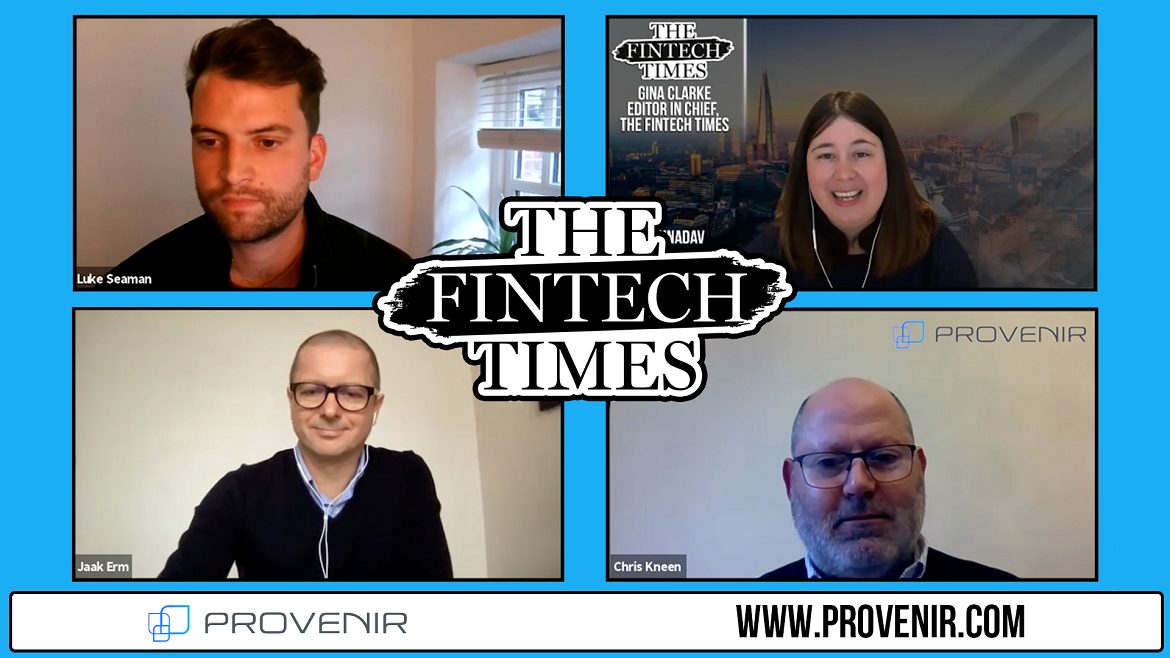The latest webinar hosted by The Fintech Times was all about the ever-popular and trending topic of Buy Now Pay Later, specifically looking at how to forge future proof BNPL offerings.
With the ‘buy now pay later’ (BNPL) market expected to grow almost 400% by 2025, incumbent lenders that still rely on traditional credit cards and cumbersome financing methods are set to lose out to the new age of lenders. Organisations need to infuse their go-to-market strategies with advanced technology to make these programs sustainable – to manage risk and respond quickly to market needs and imminent regulations in many markets, and to be agile to adapt and serve customers throughout the lifecycle. Technology decisions made now will have a direct and tangible impact on the future adaptability, growth and longevity of your BNPL offering.
This webinar invited attendees to learn more about key technologies that will allow them to:
- Quickly leverage alternative data beyond traditional credit checks and promote financial inclusion
- Provide rapid onboarding for merchants and customers to accelerate time-to-market
- Offer support for the full customer lifecycle
- Eliminate data silos that prevent the business from fully identifying risk
Hosted by Gina Clarke, Editor-in-chief at The Fintech Times, the panellists were Chris Kneen, UK Managing Director at Provenir, Luke Seaman, Head of Public Affairs UK and Ireland, Klarna and Jaak Erm, Co-Founder & Chief Risk Officer, Paywerk.
CLICK BELOW TO WATCH
The benefits of alternative data
The session kicked off with Gina asking the panel how organisations can leverage alternative data and go beyond traditional credit checks. Chris jumped in to answer, saying: “That’s a great question, and one we’re asked by Provenir’s customers a lot.
“The key aspect here is that most of these BNPL providers are looking at how to offer this type of facility to consumers who may be new to the country or new to credit, or maybe they don’t have the best history. If you just relied on traditional credit bureaus to make those decisions, it’d be very difficult for you to give consumers and small business owners access to the funding that is probably appropriate for them. But, unless you have the information, you can’t say yes nor give them a tailored offer that’s appropriate to their circumstances.
“It’s an area that’s absolutely ripe for further development, and talking to organisations like Klarna as to how they can give appropriate access to credit to consumers, the way they need to do that is by looking at the rich sea of alternative data.”
Luke added: “At Klarna, we recognise that the traditional way that you assess a consumer for credit perhaps hasn’t kept pace from a technology point of view with how consumers now like to interact with credit and how they like to pay. So, what we’ve seen as a result is that we now have a very rich and competitive BNPL sector in the UK. What we see from that sector is a different and nuanced approach from each provider to how they take inputs of data and how they turn that through their own machines to work out whether they can extend credit in a responsible way.”
Jaak continued the conversation keen to highlight the point of how alternative lending criteria are promoting financial inclusion. He said: “Thin file consumers and younger customers often don’t have a credit history. With alternative data and working with merchants in the BNPL area to get more information about what they’re buying, open banking and fraud management is key to how we can onboard these customers within finance.”
The future?
The final question Gina posed to the panel was all about the future, and how both the technology and the market will change.
Luke began by describing the government’s consultation that has been recently published, with the FCA planning to bring in regulation on the market. He said: “It’ll be the job of the FCA in 2022 to start designing some of the rules and requirements that sit within those guidelines that are set by the government. So, one thing we know for sure about the future of BNPL in the UK is that it’s going to be moving into the regulated sphere. At Klarna, we fully support and it’s the right thing for consumers and the right direction of travel for bringing consistent standards across the sector.”
Jaak believes there will be a cross border element to the future, saying “I think that the cross border BNPL doesn’t work today – it works multi-market but not cross border.
“What we’re trying to do in Paywerk is open up the cross border selling and shopping experience to the next level. 31% of EU shoppers shopped cross border during 2021, that’s a big number and it’s increasing as the world goes more global. Shoppers want to buy from across Europe, and they can still buy safely using BNPL to get their goods.”
Finally, Chris concluded by saying “BNPL isn’t a flash in the pan, it’s the adoption of services provided by the likes of Paywerk and Klarna. It’s being adopted by different generations and different geographies across the consumer space.
“I think it’s been a force for good in regards to moving people away from interest charging products like credit cards, and technology is going to play a big part in ensuring that this frictionless instant feedback type experience continues.”




